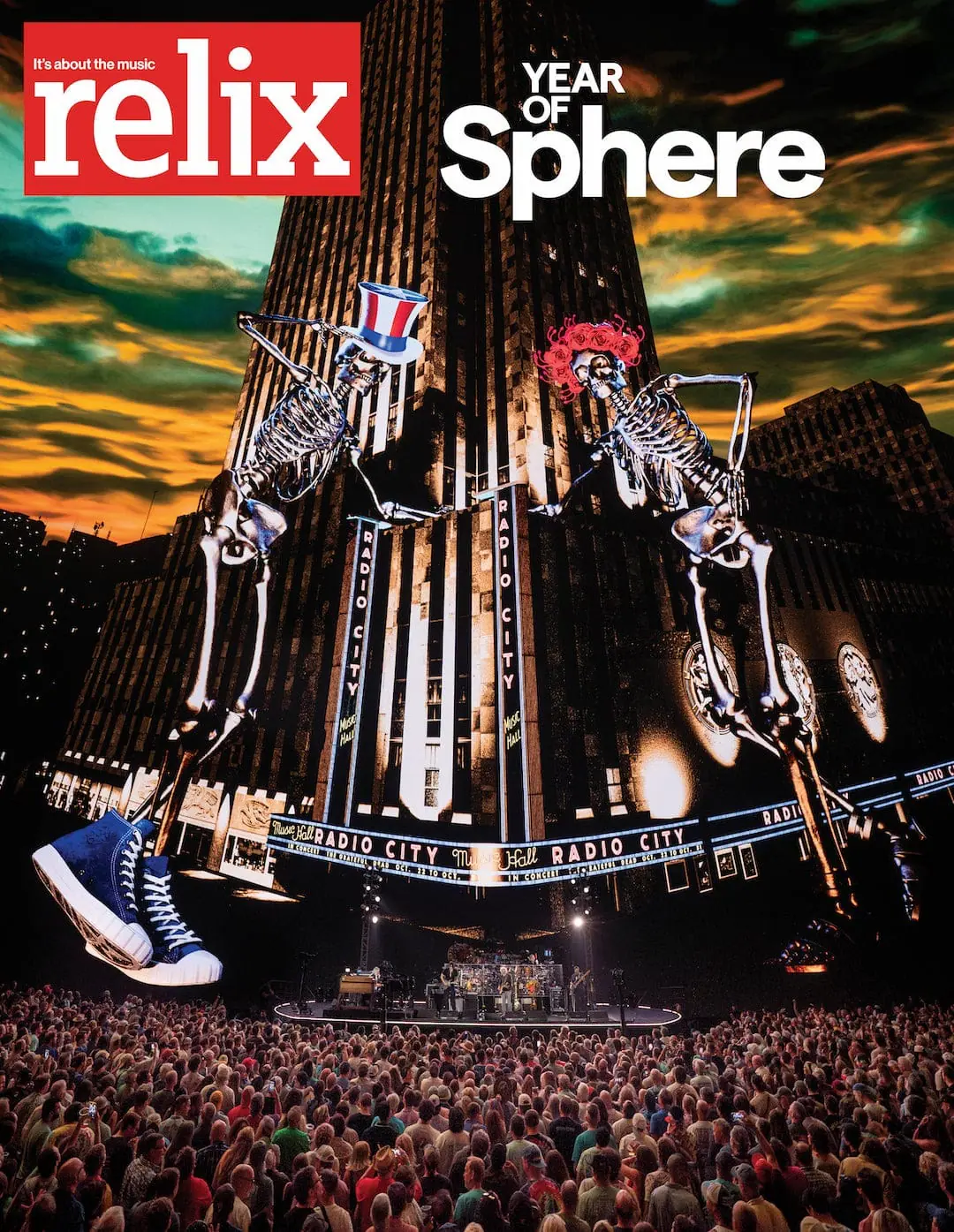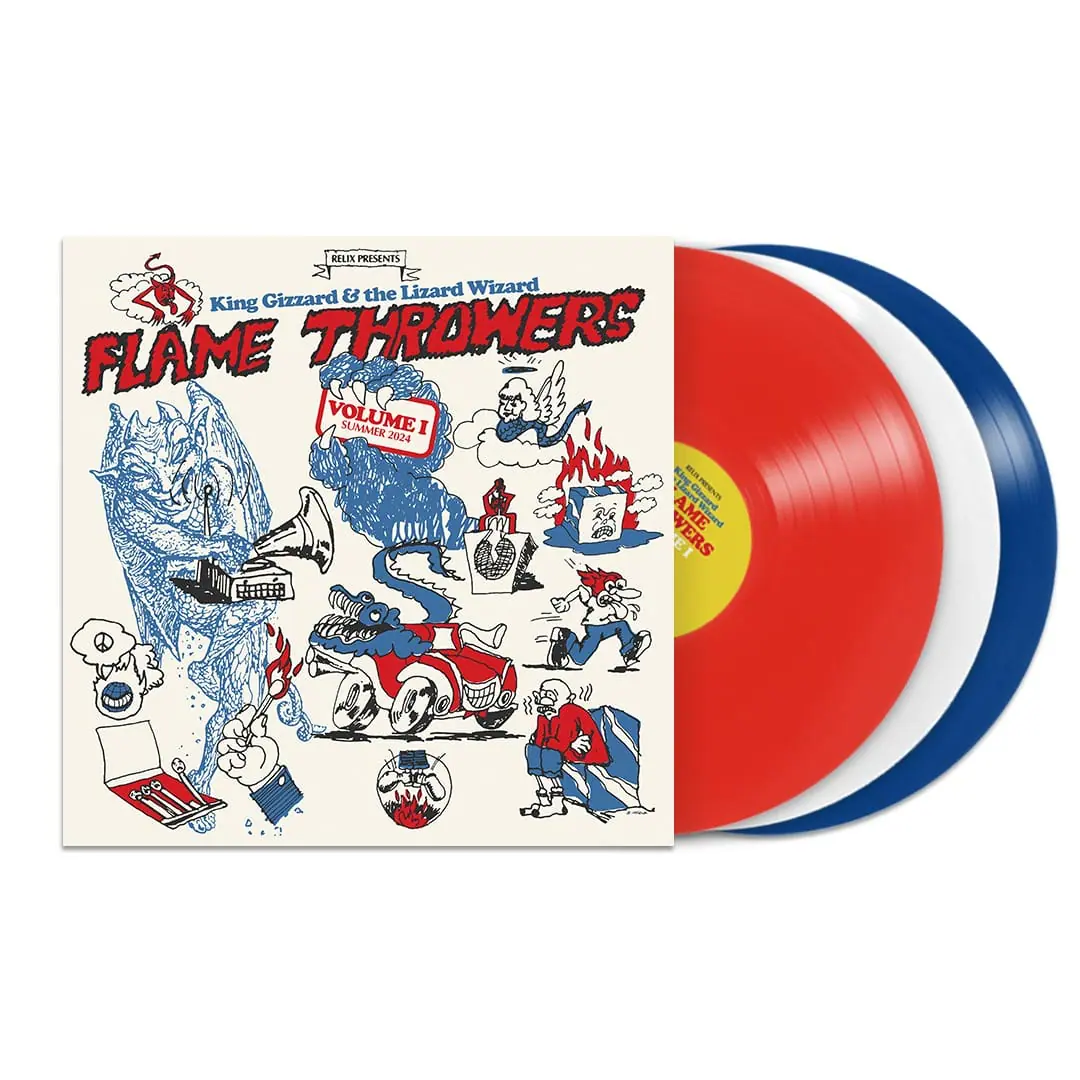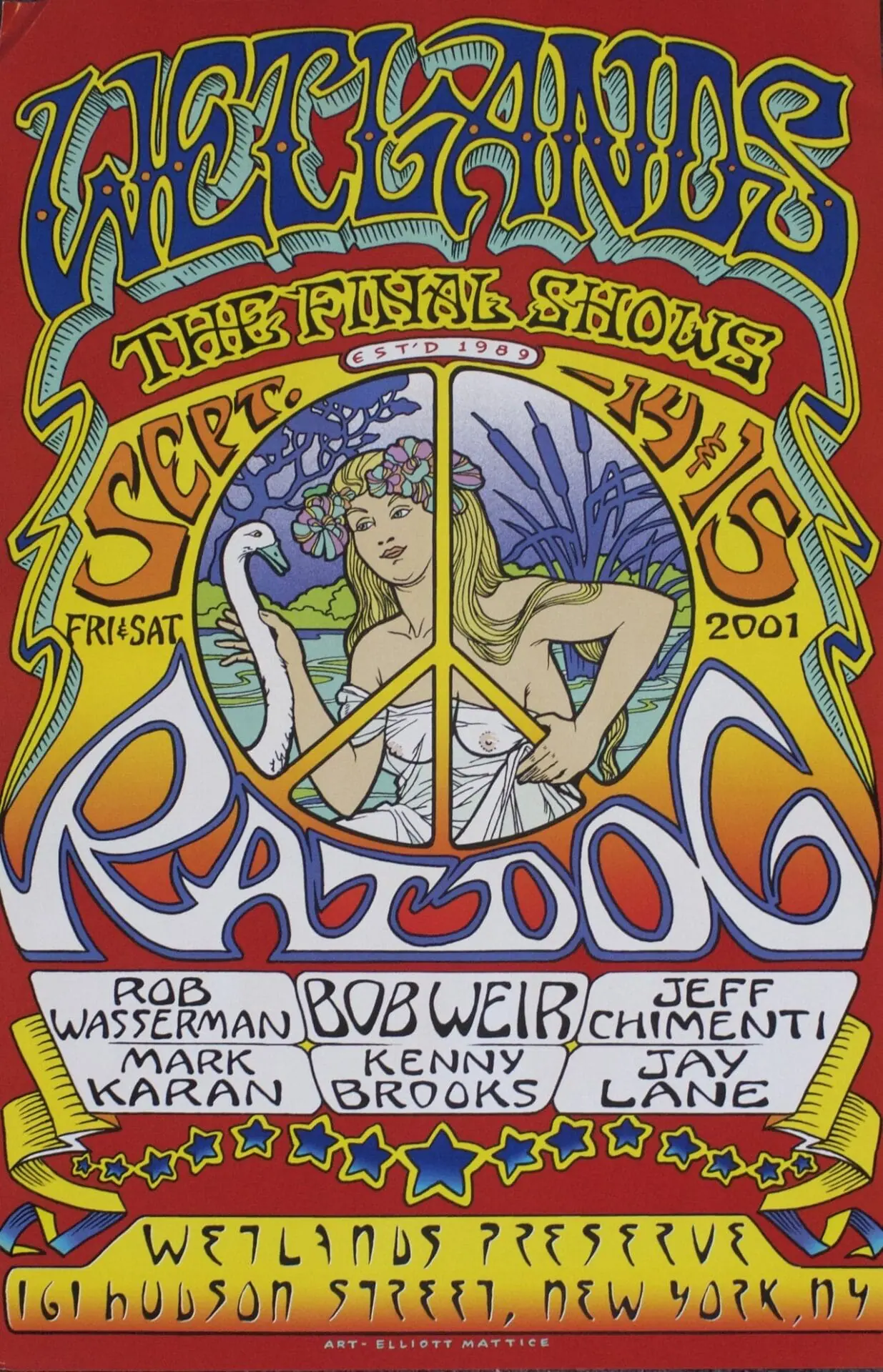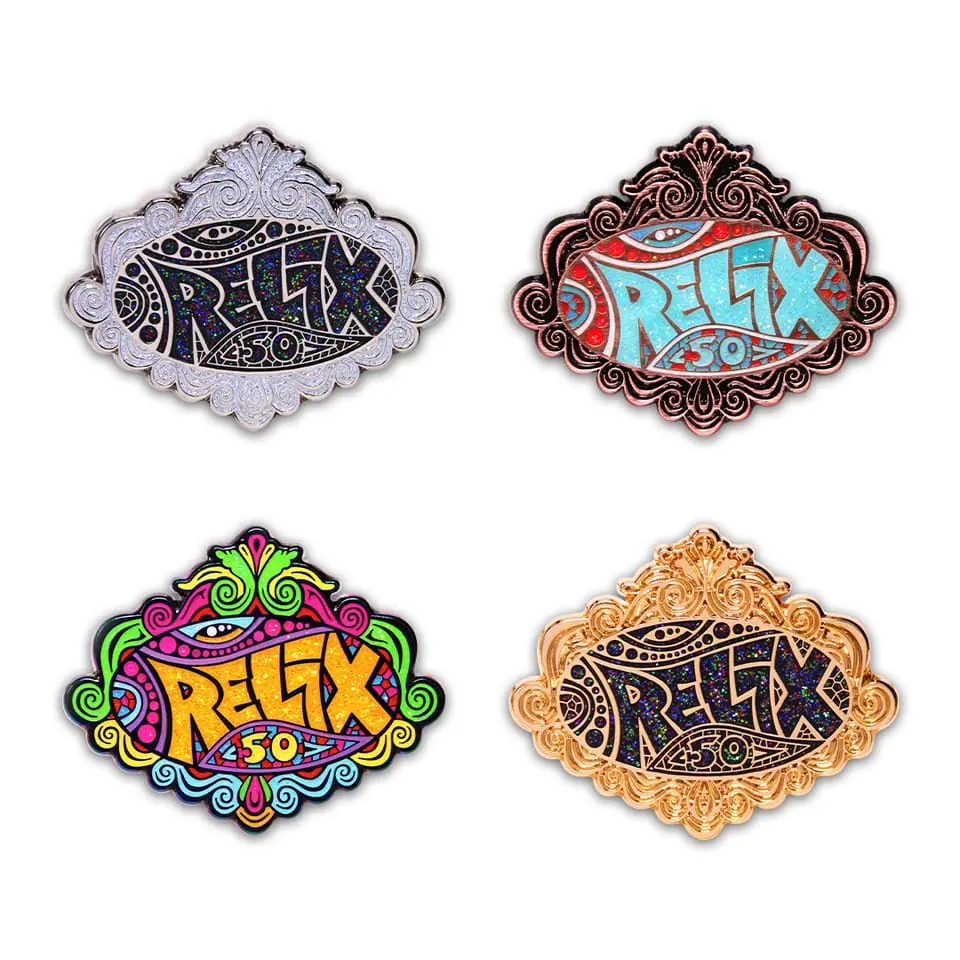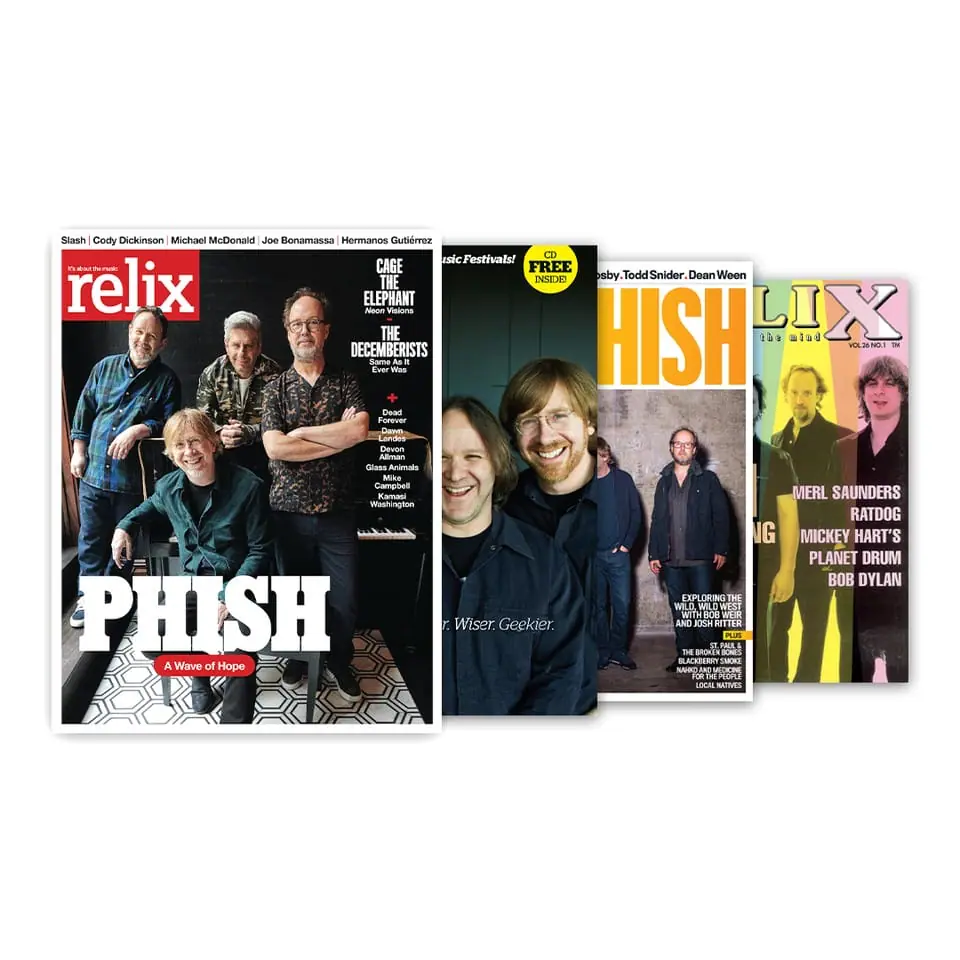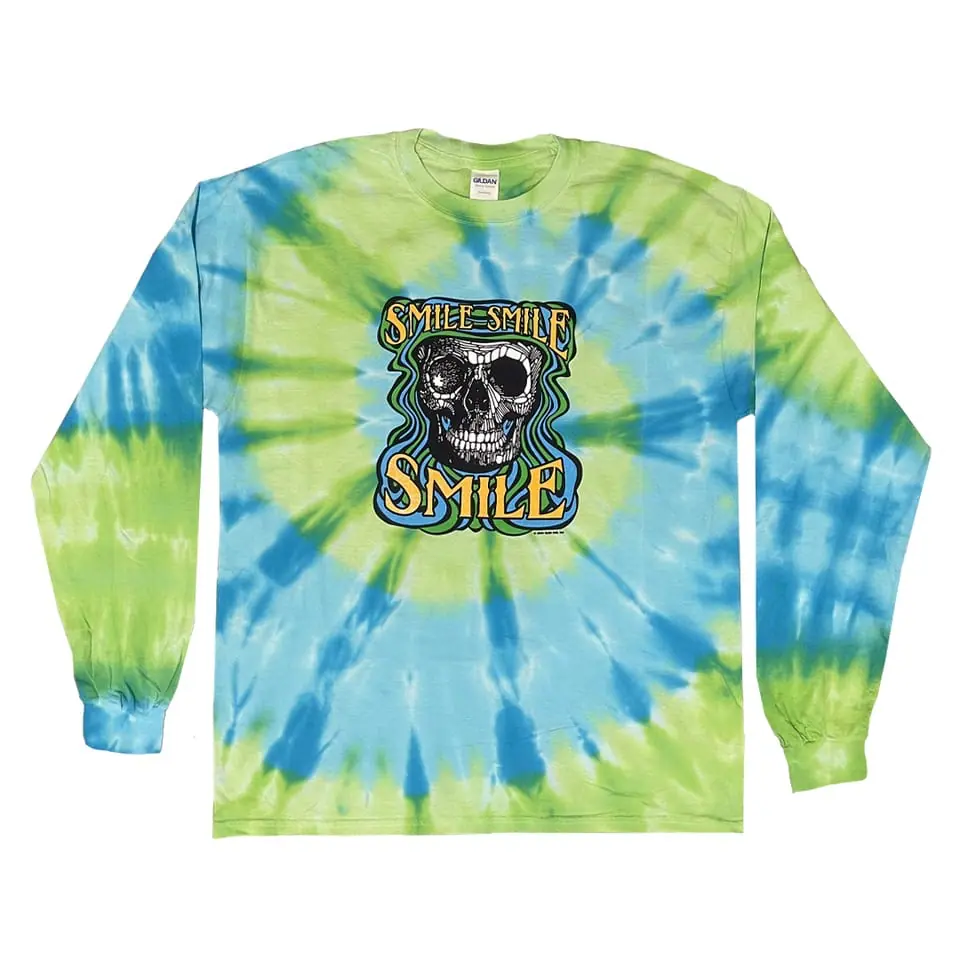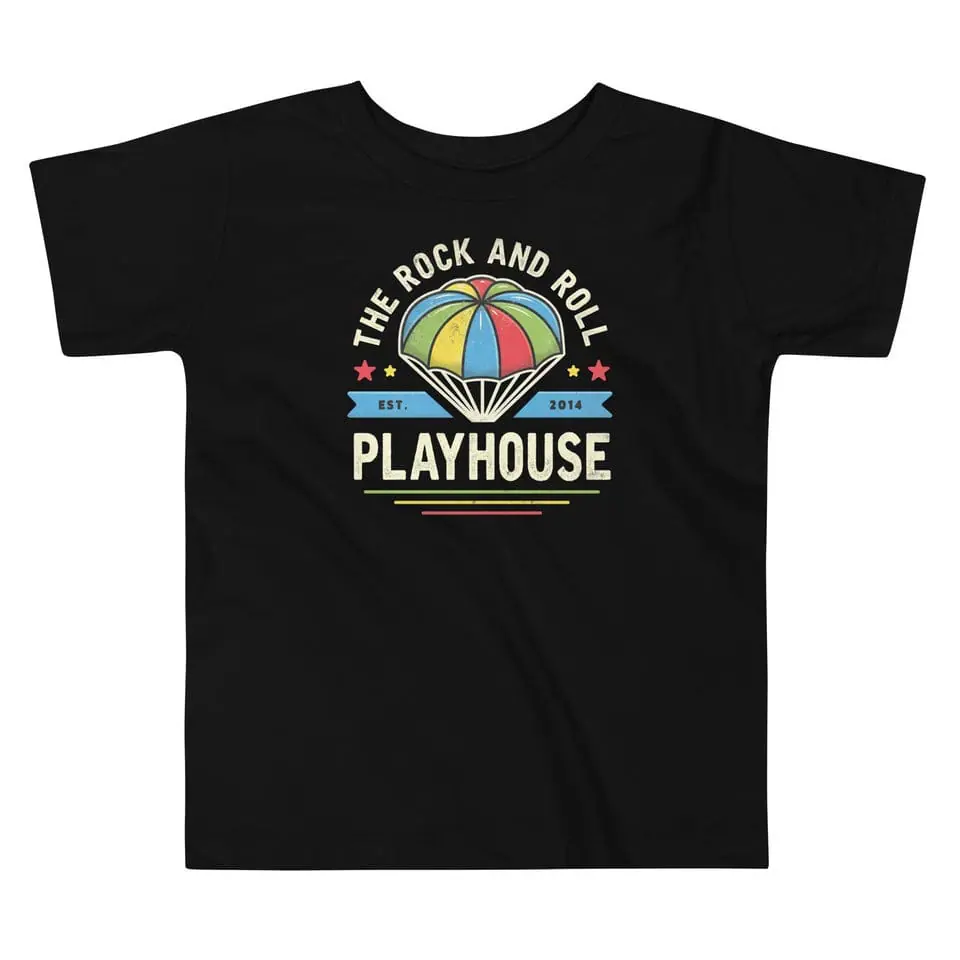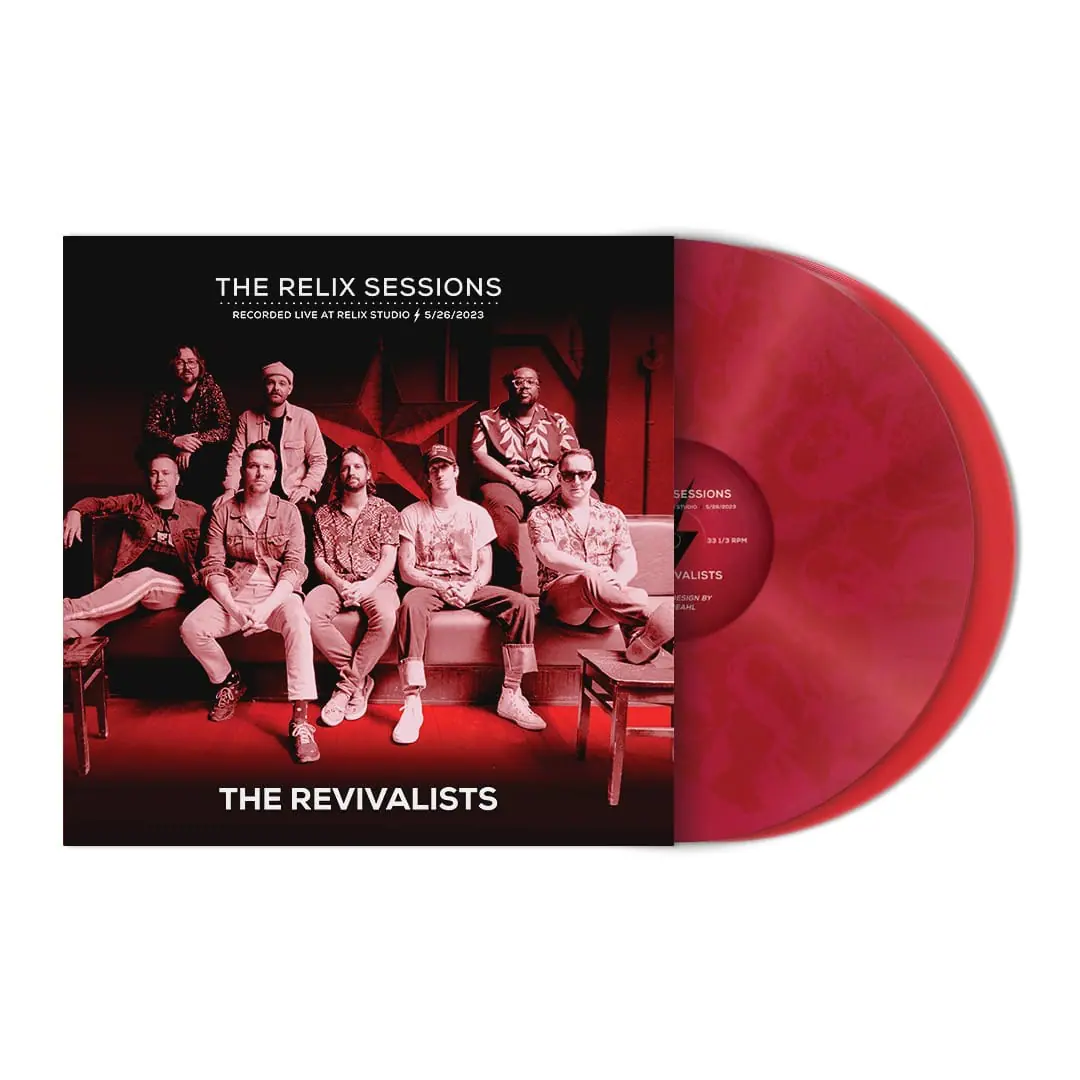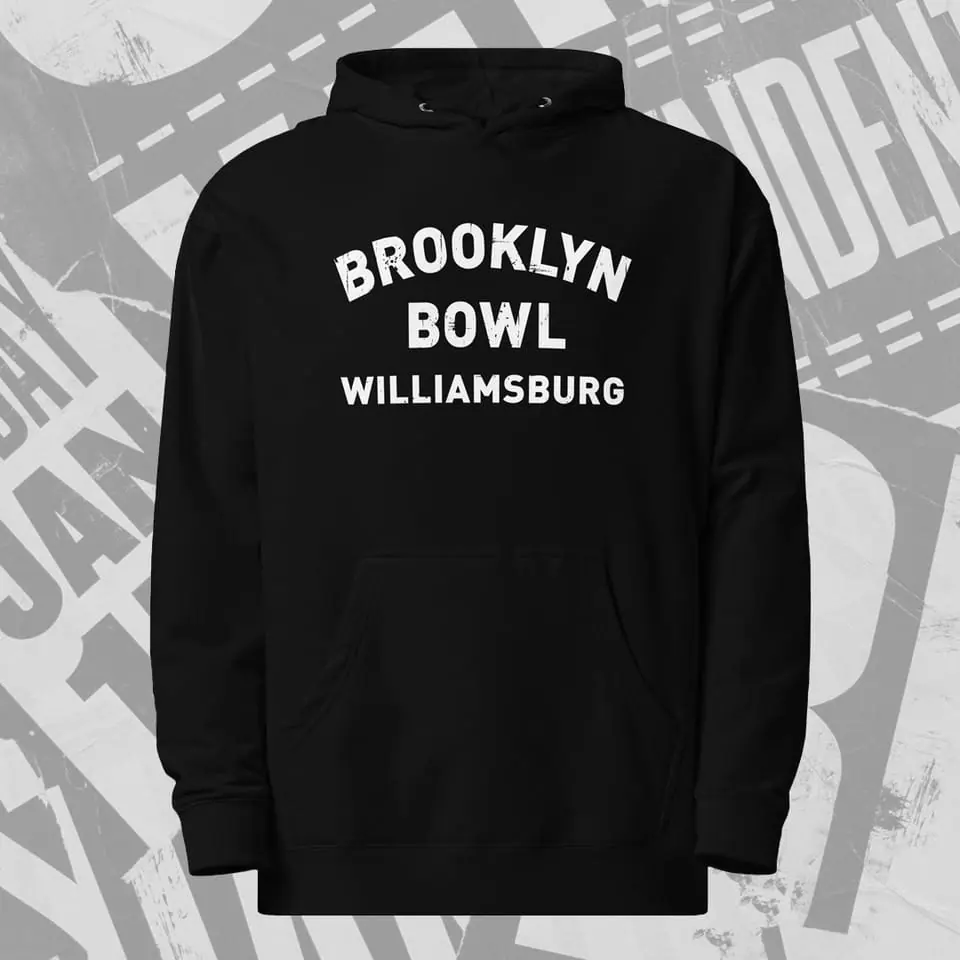This Darkness Got To Give: Robert Hunter at Wetlands
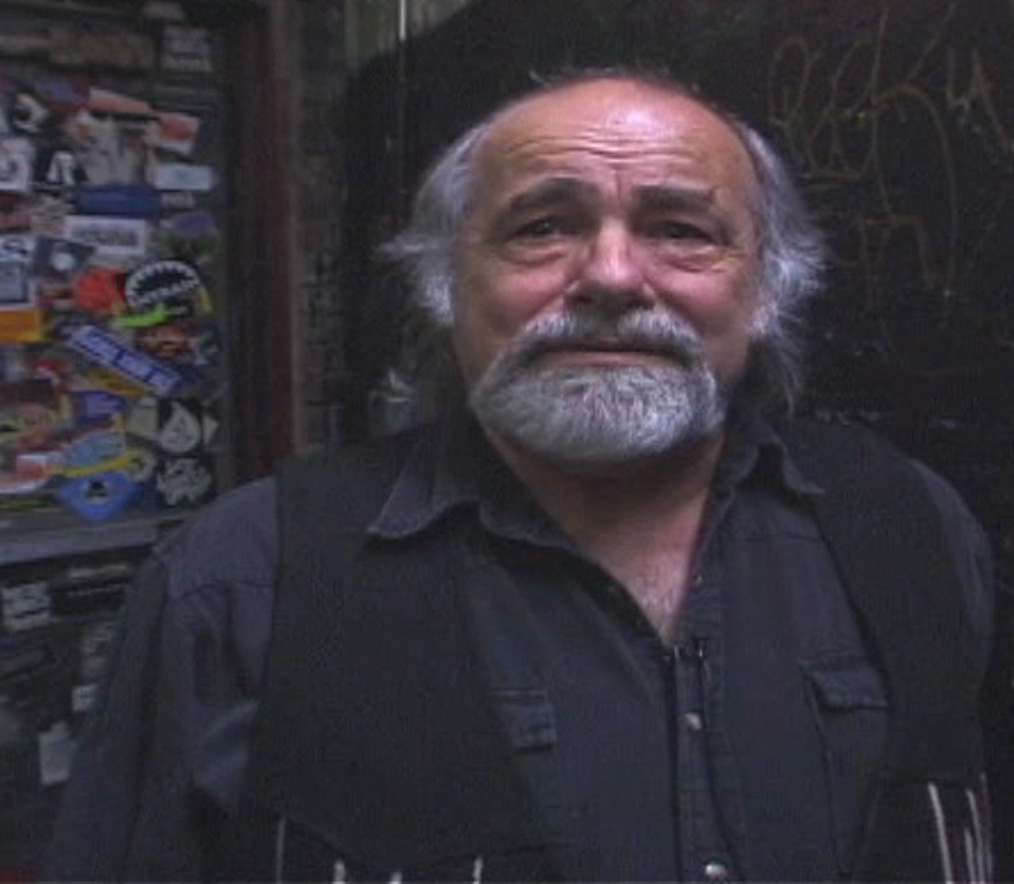
Dean Budnick directed the documentary film, Wetlands Preserved: The Story of an Activist Rock Club, released by First Run Features back in 2008 before it aired on the Sundance Channel. In honor of the club’s anniversary it will stream on the Relix Channel next week…
I first met Robert Hunter September 29, 2001.
It was the late afternoon, and I found myself standing next to him in the basement of the New York City nightclub Wetlands Preserve.
OK, I suppose there’s no need for delicacy. He was at an adjacent urinal. Since the club wasn’t going to open for a few hours, it was nearly empty at the time, and it would have been impolite not to initiate a conversation (while we were washing our hands).
It was Wetlands’ final night, and Peter Shapiro had invited him to deliver a brief opening set. Hunter was in town consoling his daughter whose boyfriend had been killed during the 9/11 attacks. He had made his way over to the club a few hours prior to his set to get his bearings.
I was there to empty the file cabinets and collect the club’s ephemera for some as-yet-to-bedetermined project. As it turned out, the Wetlands archives proved useful to me many years later when I directed the documentary film, Wetlands Preserved: The Story of the Activist Nightclub.
I next saw Robert backstage at Alpine Valley in August 2002, where he was performing at Terrapin Station: The Grateful Dead Family Reunion, and I was editing the festival’s official newspaper. He remembered our semi-awkward conversation within the psychedelic swirls of the Wetlands bathroom, but he particularly remembered the psychedelic swirls of the Wetlands bathroom.
Wetlands had been scheduled to close two weeks prior to our initial encounter. Peter had enlisted RatDog (Bob Weir, Rob Wasserman, Jeff Chimenti, Mark Karan, Kenny Brooks, Jay Lane) for the club’s final performances, set to take place on September 14 and 15. However, a few days before that could happen, terrorists commandeered two planes and directed them into the World Trade Center. In the wake of that tragedy, it was unclear if there would even be a night for folks to say goodbye to the club. However, Peter did what he does best—make things happen—so that Wetlands was granted a final reprieve on September 29. After Robert’s performance, the evening was given over to a series of jam sessions that concluded with a DJ set/benediction from Wetlands founder Larry Bloch, who had sold the club to Peter in the mid‘90s but returned for its close.
On September 29, just a few weeks after the terrorist attacks, the roads south of Houston Street were still closed to auto traffic but I needed to make my way to the club to collect the materials. So I persuaded the officers on duty to allow me to drive past the barricade and down to 161 Hudson Street. Since I had been permitted to do this, many hours later during a brief lull in the action at Wetlands, I was able to step outside and drive my car within a few blocks of where the Towers had once stood. There, I spent an hour in silence, alongside hundreds of others, my face pressed into a chainlink fence, watching the ongoing efforts at the well-lit World Trade Center site.
Thinking back on that night and the era in general, I recall how unified the nation felt. It seemed like there was an extended period in which all partisan bickering fell by the wayside.
I’ll contrast that with the present.
I’m typing this moments after listening to a series of speeches on the floor of the U.S. House of Representatives, in which Democrats and Republicans embroiled in the impeachment debate have spent hours talking at each other, seemingly long past the point of attempting to talk with each other.
But while Washington may be polarized in the halls of the Capitol, there are other public spaces in D.C. where that’s certainly not the case. That is why I interviewed journalist Robert Costa for our Parting Shots feature. He lives and works in this charged environment, yet he’s a live music enthusiast who emphasizes that there are passionate music fans on both sides of the aisle.
As he notes, “Improvisational music and jamband music, in particular, has a real power in connecting people of all stripes. And that stretches into the political realm. So if you go to a Dead & Company show, you’ll run into Republican lobbyists and progressive activists.”
Here’s hoping that we can remember this and restore some civility to the public discourse.
Which brings me back to Hunter. In the interest of what I hope is yet to come, let me quote the opening lines and the conclusion to “New Speedway Boogie,” a song inspired by the Altamont festival debacle but like all great tunes, applicable in many contexts:
Please don’t dominate the rap Jack
if you got nothing new to say If you
please don’t back up the track
This train got to run today…
I don’t know but I been told
if the horse don’t pull you got to carry the load
I don’t know whose back’s that strong
Maybe find out before too long
One way or another
One way or another
One way or another
this darkness got to give
One way or another
One way or another
One way or another
this darkness got to give…
This article originally appeared as the Ed Note in the Jan/Feb 2020 issue of Relix. For more features, interviews, album reviews and more subscribe below.


